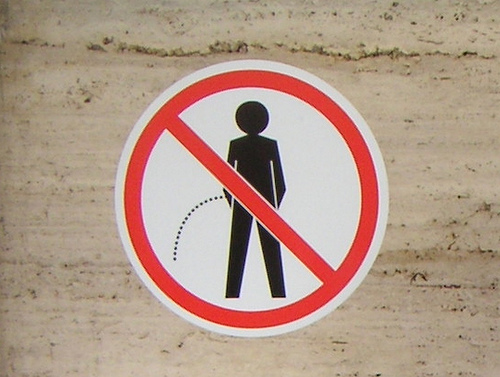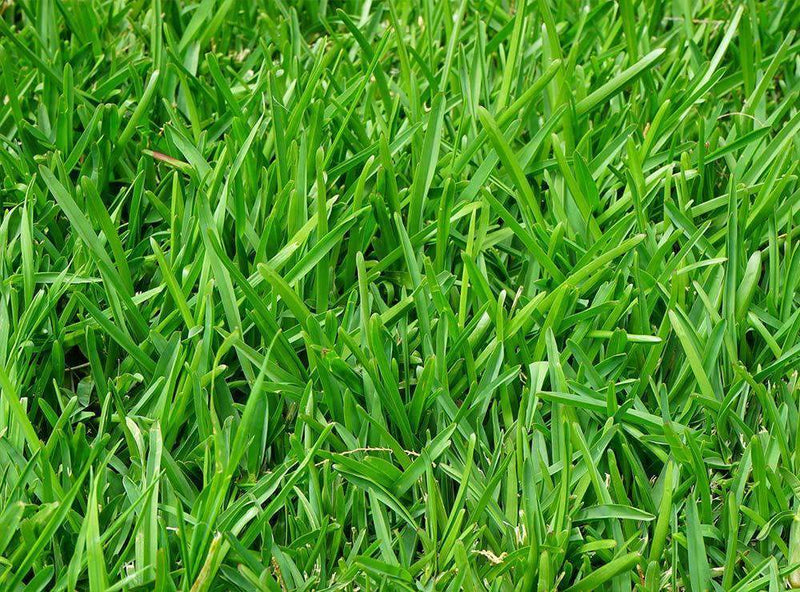In Greek mythology, Hēméra was the primeval goddness of the day. From this word and Armenian awr 'day', Indo-Europeanists such as Mallory-Adams1 reconstruct an IE protoform *h2ēm-ər- 'heat (of the day)', which I link to Semitic *ħamm- 'to be hot; warm'2, with the voiceless pharyngeal fricative ħ corresponding to the "laryngeal" h2.
The IE protoform belongs to what I call "IE B"3, corresponding to the "IE A" protoform *səm-/*səm-ro- 'summer'4, whose initial s- is a consequence of the sound shift I call Fournet's Law, by which a post-velar fricative becames fronted to an alveolar articulation point.
_______________
1 J.P. Mallory & Q.D. Adams (2006): The Oxford Introduction to PIE and the PIE World.
2 Also cognate are Hurrian am- 'to burn' and (possibly through an Etruscan intermediate) Latin amāre 'to love', amor 'love'.
2 Also cognate are Hurrian am- 'to burn' and (possibly through an Etruscan intermediate) Latin amāre 'to love', amor 'love'.
3 Mostly represented in Eastern languages, mainly Greek-Armenian and Indo-Iranian, but occasionally also Celtic.
4 The ablaut form *sem- usually quoted in dictionaries isn't attested anywhere.



